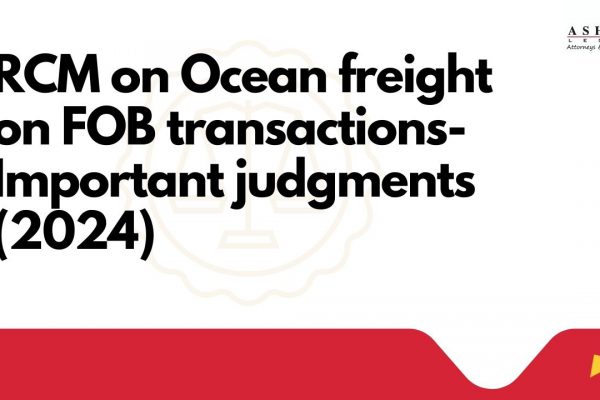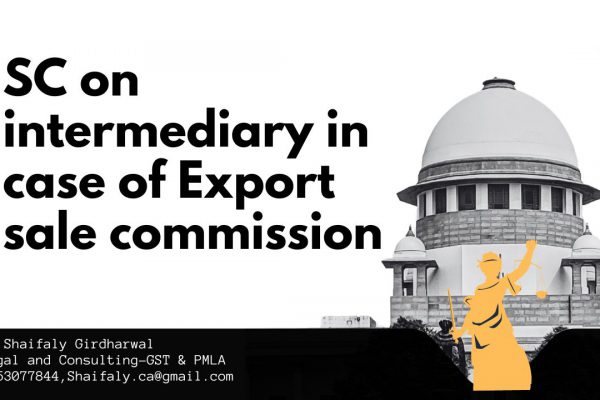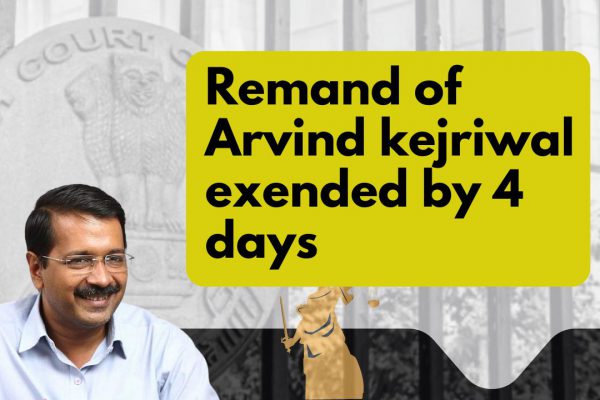“GST Compliance in E-commerce: Recent Changes and Impact”
Navigating GST Compliance for E-commerce Entities: Recent Amendments and Implications
In the rapidly evolving landscape of e-commerce, adherence to Goods and Services Tax (GST) regulations is paramount. Recent amendments, particularly regarding composite taxpayers working with e-commerce operators, have significant implications. Let’s delve into the specifics of these changes and the compliance requirements for e-commerce entities.
Amendment in Section 10 of the GST Act, 2017 (Composition Levy):
- Composite taxpayers in India are allowed to work with e-commerce operators for intra-state supply only as of October 1, 2023, and they are not required to register for GST.
- With this approach, composite taxpayers who join e-commerce platforms are no longer required to register for GST.
- It is the responsibility of e-commerce operators to collect Tax Collected at Source (TCS) and record the information of these participants in GSTR 8.
- It is the responsibility of online retailers to guarantee that these users are solely assisted with intrastate purchases.
- Composite taxpayers who join e-commerce platforms without registering for GST will be assigned enrollment numbers.
- They are nonetheless subject to the threshold restrictions of ₹20 lakhs or ₹10 lakhs, respectively, and must register for GST if their total revenue exceeds these limits.
Understanding Specific GST Compliance Requirements for E-commerce Operators and Sellers:
A. Meaning of E-commerce: Section 2(44) –
Supply of goods and services or both, including digital products over digital or electronic network.
B. E-commerce operator: Section 2(45)-
Any person who owns, operates, or manages digital or electronic facility or platform for electronic commerce.
Registration requirement for E-commerce operator and Seller:
-
E-commerce operator-
E-commerce operators are required to be compulsorily registered under section 24(ix) of GST Act.
2.
Sellers –
As per section 24(ix), every person supplying goods or services through electronic commerce operator is required to be compulsorily registered, irrespective of Turnover limit. Person making supplies of services through E-commerce operator and having an aggregate turnover less than twenty lakh rupees in a financial year are exempt from taking registration.
Conclusion:
The amendments to the GST Act, 2017, regarding composite taxpayers collaborating with e-commerce operators represent a pivotal shift in regulatory dynamics. By exempting certain sellers from GST registration and outlining clear responsibilities for operators, these changes aim to streamline compliance while ensuring tax transparency in the digital marketplace. As e-commerce continues to thrive, a nuanced understanding of GST obligations becomes indispensable for operators and sellers alike, fostering a fair and sustainable ecosystem.
If you already have a premium membership, Sign In.
 ConsultEase Administrator
ConsultEase Administrator
Consultant
Faridabad, India
As a Consultease Administrator, I'm responsible for the smooth administration of our portal. Reach out to me in case you need help.


























